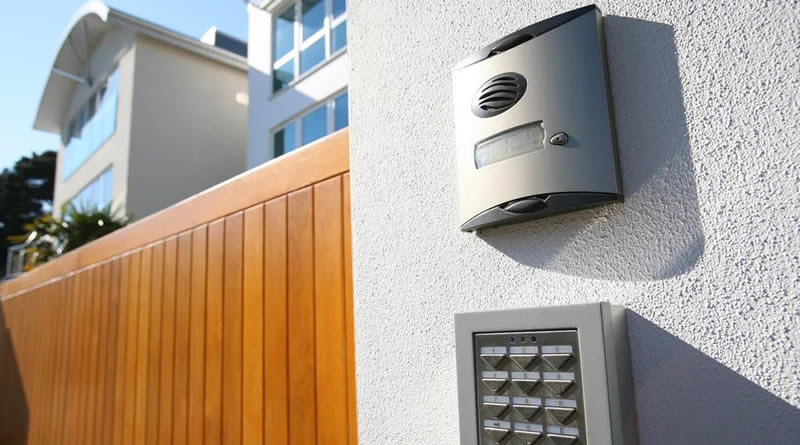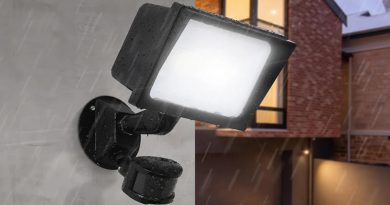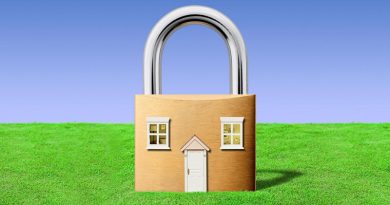Essential Measures for Home Security
When it comes to ensuring the safety and security of our homes, taking proactive measures is crucial. By implementing effective security measures, homeowners can create a protective environment for themselves and their families. This article will delve into the essential steps and precautions that can be taken to enhance home security and provide readers with practical insights on safeguarding their living spaces.
1. Reinforce Entry Points
One of the fundamental aspects of home security is strengthening the entry points, such as doors and windows. Installing sturdy and solid core doors, along with high-quality deadbolt locks, can significantly deter potential intruders. Windows can be secured by adding window locks or upgrading to laminated or tempered glass, which is more resistant to breakage. Reinforcing entry points is an essential initial step in fortifying the security of a home.
2. Install a Security System
Investing in a comprehensive home security system provides an added layer of protection. These systems typically include burglar alarms, motion sensors, and surveillance cameras. Opting for a monitored security system enables round-the-clock monitoring and immediate response to any security breaches. Additionally, modern security systems offer smart features that allow homeowners to remotely control and monitor their homes using mobile applications, enhancing convenience and peace of mind.
3. Illuminate the Property
A well-lit exterior can be an effective deterrent against burglaries and intrusions. Adequate outdoor lighting, especially around entry points and other vulnerable areas, minimizes hiding spots for potential intruders. Motion-activated lights can be particularly useful, as they illuminate the surroundings when movement is detected, drawing attention to any suspicious activity. Illuminating the property not only enhances security but also improves safety for homeowners and visitors during nighttime.
4. Secure the Perimeter
Securing the perimeter of a home is an important aspect of comprehensive security. Installing fencing or walls around the property helps establish boundaries and restrict unauthorized access. The type of fencing chosen depends on individual preferences and needs, but it should be sturdy and difficult to climb. Additionally, landscaping choices can contribute to security by eliminating hiding places and maintaining clear visibility around the property.
5. Practice Smart Home Habits
Incorporating smart home habits into daily routines can significantly enhance home security. Simple actions such as always locking doors and windows when leaving the house, not leaving spare keys in obvious places, and being cautious about sharing personal information online can go a long way in preventing potential security breaches. Creating the perception of an occupied home while away by using timers for lights and TV/radio can also deter criminals.
6. Engage with the Community
Building a strong sense of community and looking out for one another can greatly contribute to home security. Getting to know neighbors, participating in neighborhood watch programs, and sharing information about suspicious activities or unfamiliar individuals can help create a safer environment for everyone. By fostering a supportive and vigilant community, residents can collectively work towards minimizing security risks.
In conclusion, taking proactive measures to enhance home security is of utmost importance. By reinforcing entry points, installing a reliable security system, illuminating the property, securing the perimeter, practicing smart home habits, and engaging with the community, homeowners can significantly reduce the risk of security breaches. Creating a safe and secure living space requires a combination of physical precautions and the adoption of smart habits, ensuring the well-being and peace of mind for residents and their families.
Note: This is a sample article that follows the given format and guidelines. It is not an actual complete article on the topic.




